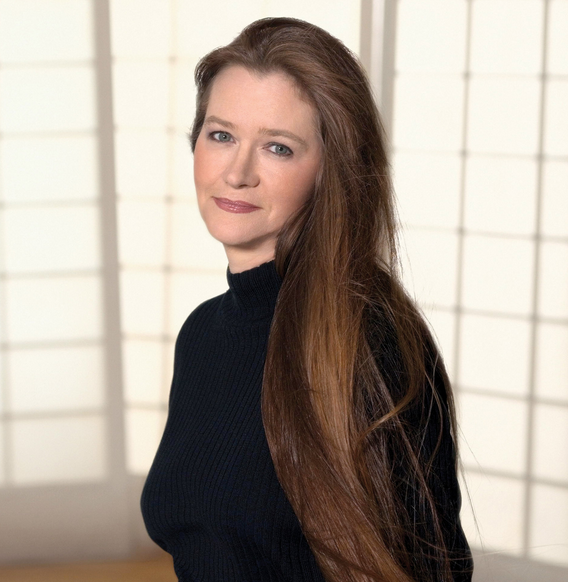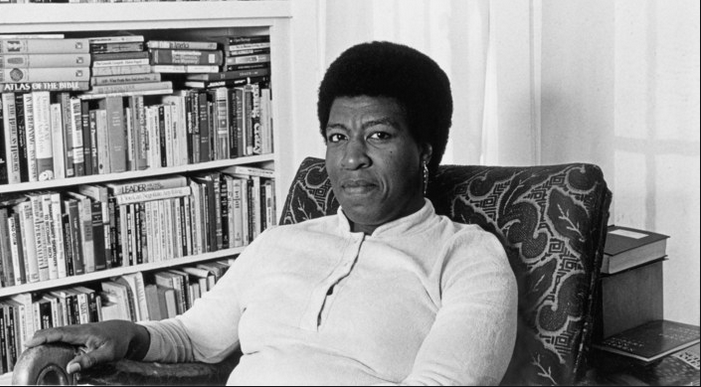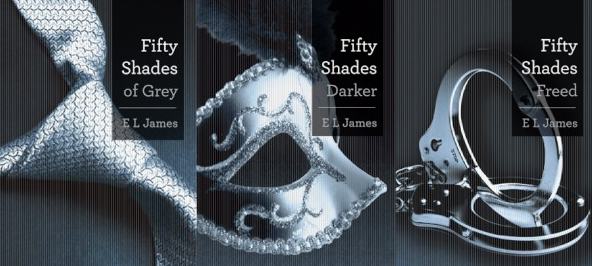“Harry Potter” scribe J.K. Rowling brewed up a whole new controversy Thursday after she tweeted her support for a British woman who was fired for making transphobic remarks, according to Nardine Saad at the L.A. Times… Support our news coverage by subscribing to our Kindle Nation Daily Digest. Joining is free right now!
The outspoken billionaire author chimed in on the trending hashtag, #IStandWithMaya, a campaign backing researcher Maya Forstater. The researcher claimed online that there are only two biological sexes and was fired by the U.K. poverty think tank that employed her for questioning government plans to allow people to self-identify as another gender.
“Dress however you please. Call yourself whatever you like. Sleep with any consenting adult who’ll have you. Live your best life in peace and security. But force women out of their jobs for stating that sex is real?” Rowling tweeted, adding the hashtags #IStandWithMaya and #ThisIsNotaDrill to her missive.
Forstater made headlines this week after she took her grievances to an employment tribunal, but a judge ruled against her and summed up her remarks as “offensive and exclusionary.”
“Even paying due regard to the qualified right to freedom of expression, people cannot expect to be protected if their core belief involves violating others’ dignity and creating an intimidating, hostile, degrading, humiliating, or offensive environment for them,” ruled Judge James Tayler, according to the Independent.
Rowling apparently disagreed with the judge’s ruling and, although her tweet garnered more than 66,000 likes and 13,000 retweets in five hours, it was swiftly lambasted by prominent Twitter users who called out Rowling’s white feminism and believed the author mischaracterized the judge’s ruling.
“This is trash,” journalist Alex Berg of Buzzfeed wrote in response to Rowling’s tweet. “Trans women are women and trans people deserve the right to self-identify however they need. The end.”
The Human Rights Campaign also took issue with Rowling’s “sex is real” comment, tweeting: “Trans women are women. Trans men are men. Non-binary people are non-binary. CC: JK Rowling.”
And “Grey’s Anatomy” alum Sara Ramirez replied to the bestselling writer with a wholehearted disagreement and called Rowling a bigot.
Read full story at the L.A. Times

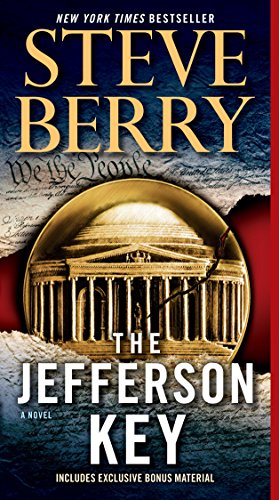
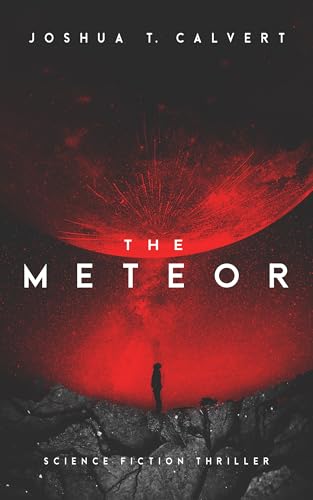
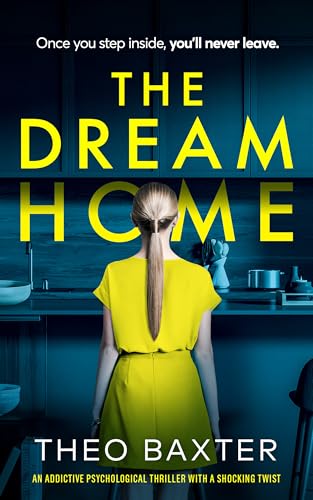
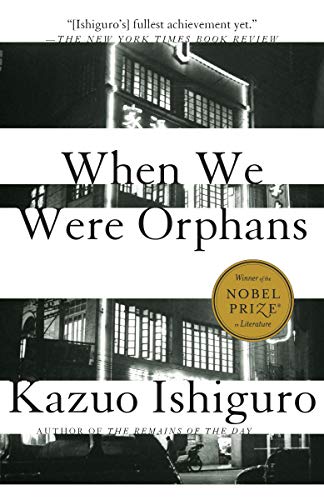
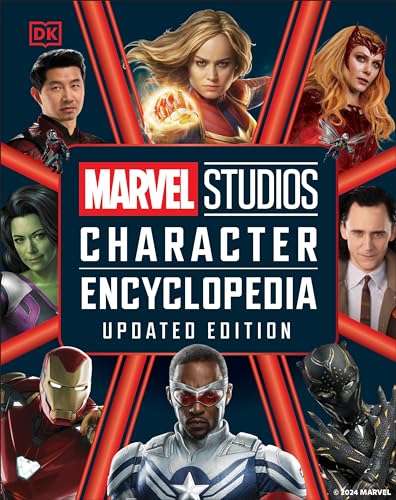
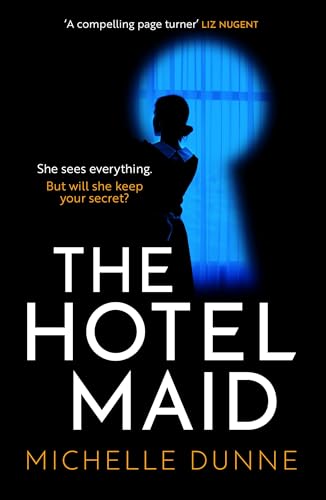
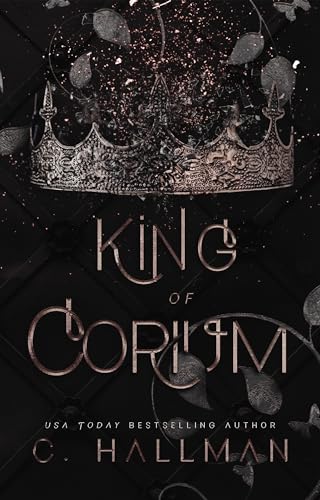

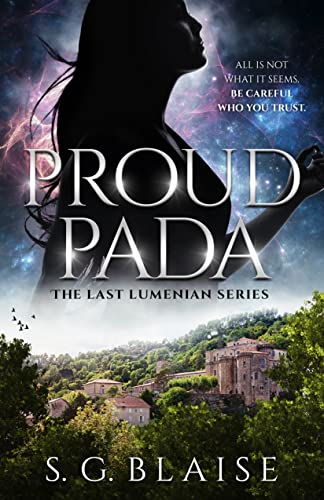

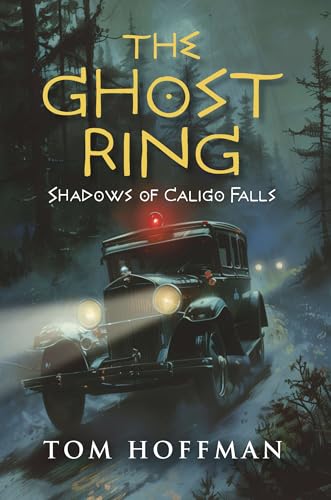
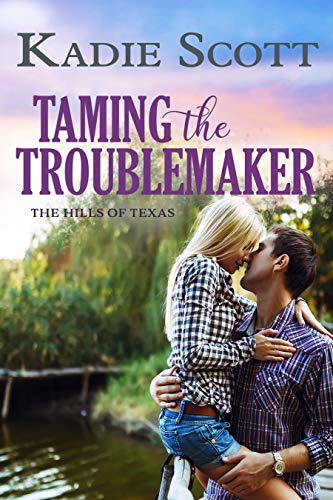


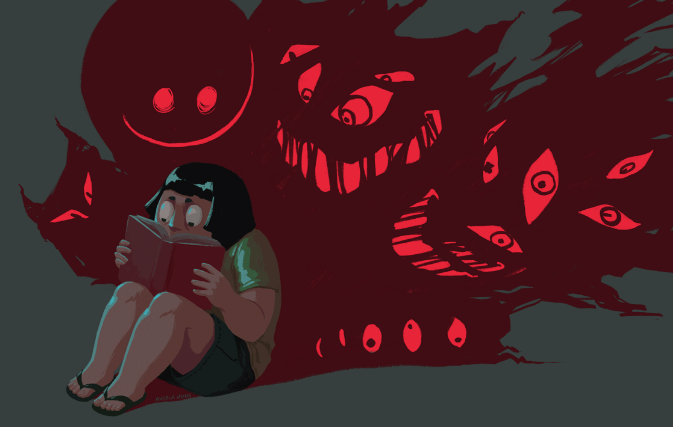
![I'm Thinking of Ending Things: A Book Club Recommendation! by [Reid, Iain]](https://images-na.ssl-images-amazon.com/images/I/51VLYVoj5%2BL.jpg)
![The Trial: A New Translation Based on the Restored Text (The Schocken Kafka Library) by [Kafka, Franz]](https://images-na.ssl-images-amazon.com/images/I/4128Qqa0HcL.jpg)
![We Need to Talk About Kevin by [Shriver, Lionel]](https://images-na.ssl-images-amazon.com/images/I/41UfFQDrFLL.jpg)
![The Girl Next Door by [Ketchum, Jack]](https://images-na.ssl-images-amazon.com/images/I/51j02dMHhZL.jpg)
![The Road (Vintage International) by [McCarthy, Cormac]](https://images-na.ssl-images-amazon.com/images/I/41t25tFQJ4L.jpg)

